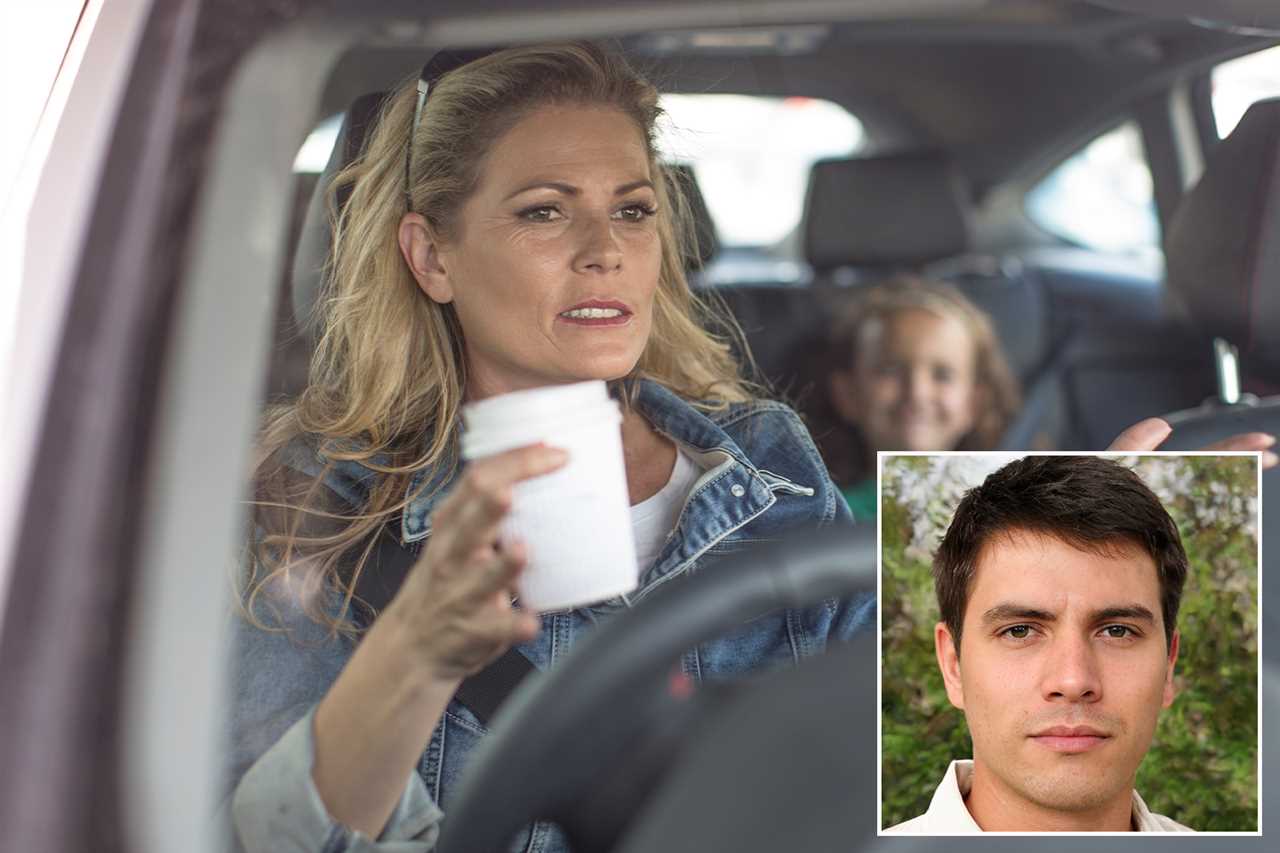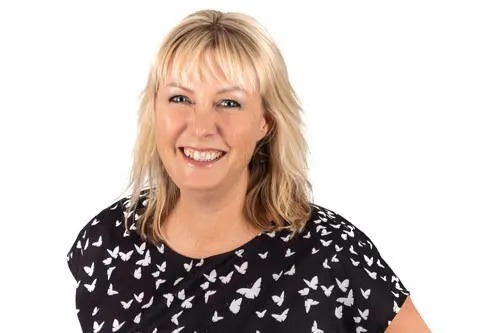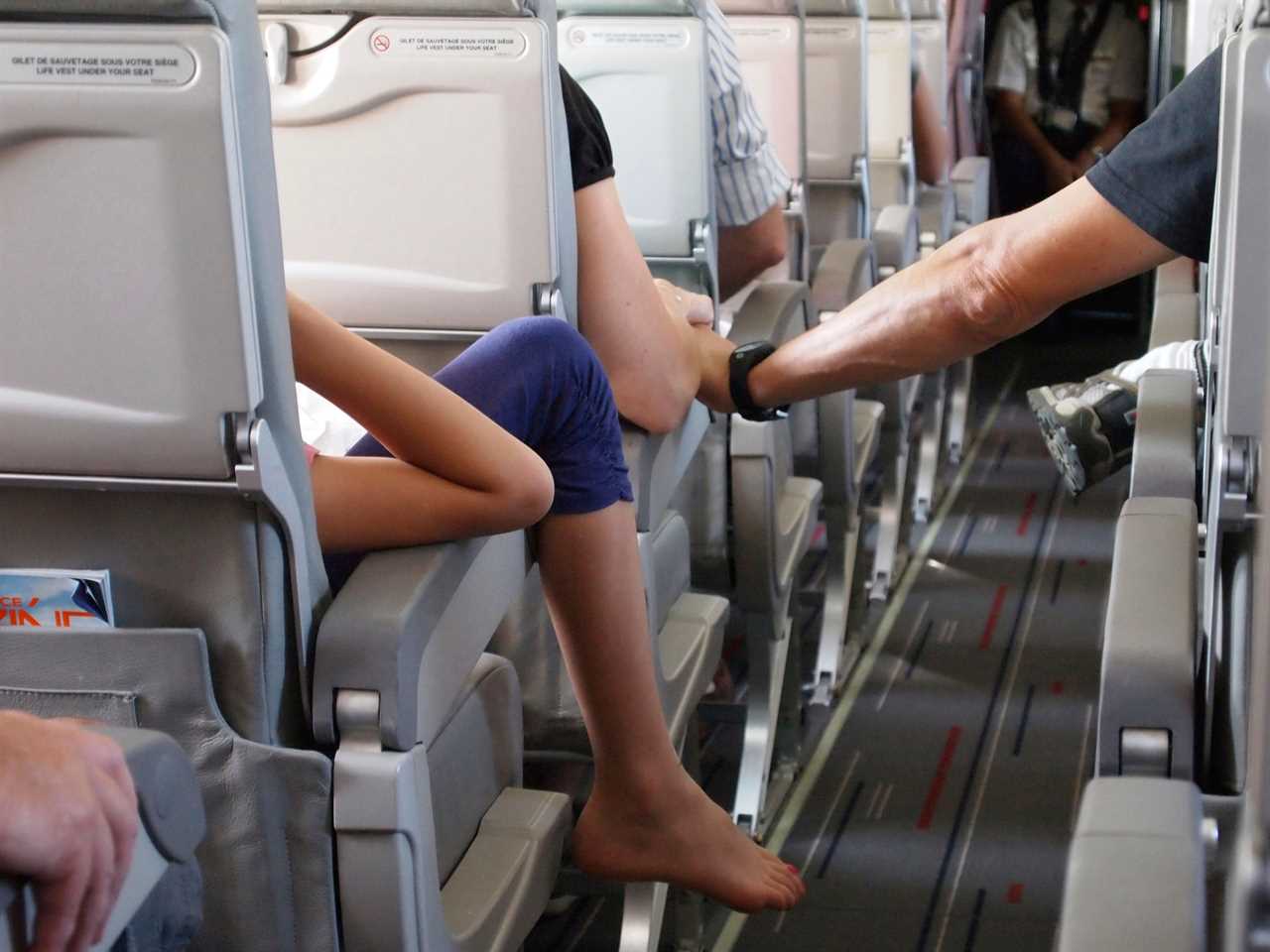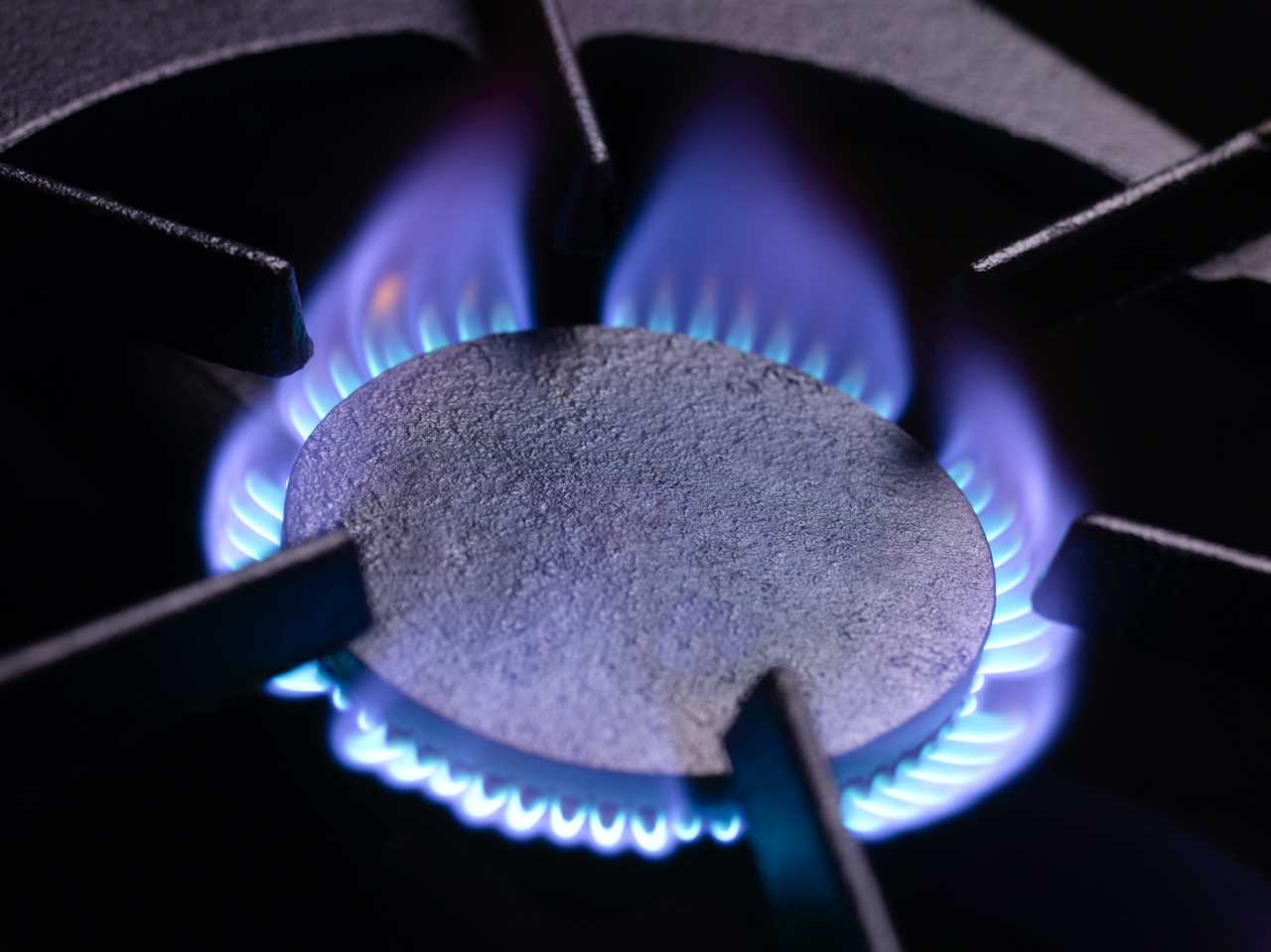PEOPLE who have had Covid should seek help if they feel anxious, experts have warned.
It comes after a study found that the virus raises the risk of mental illness.
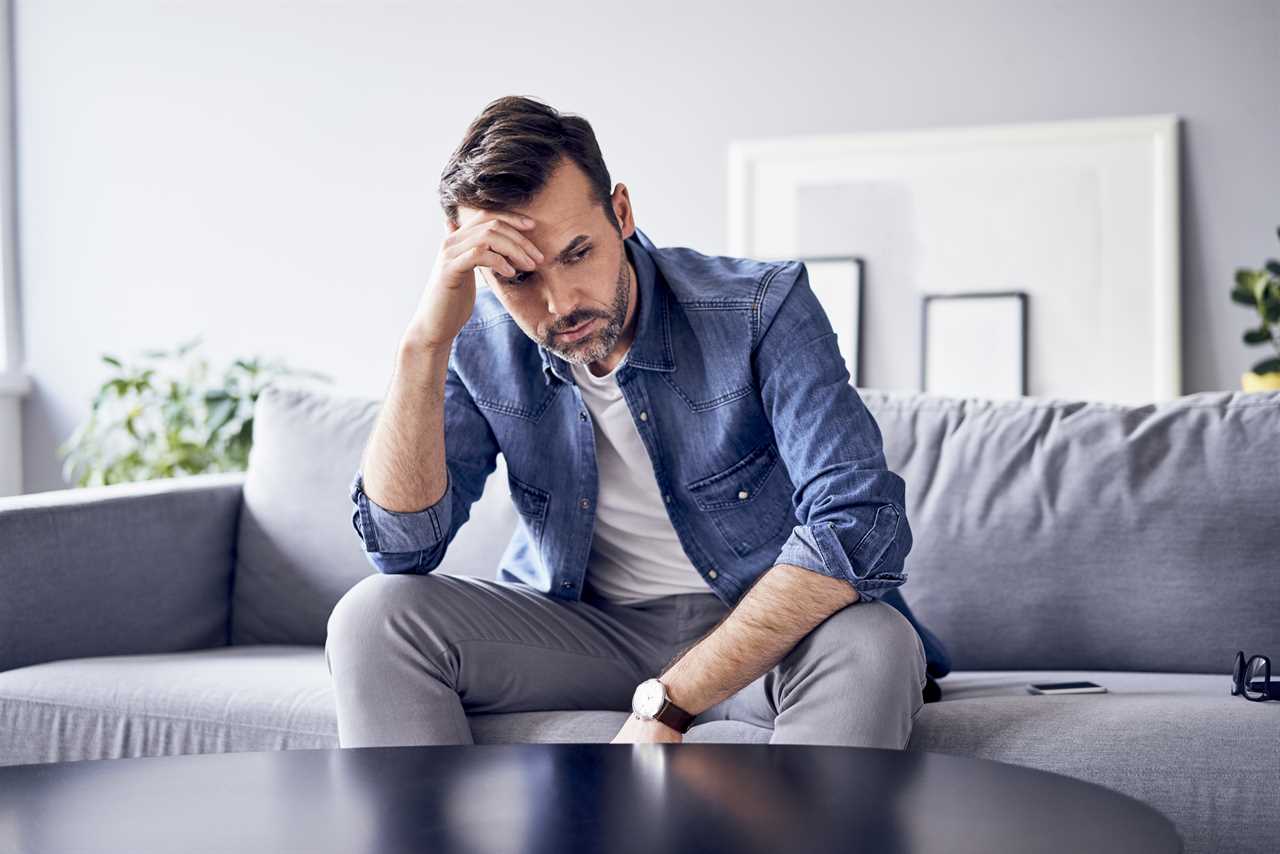
Researchers at Oregon State University matched 46,610 Covid-19 positive individuals with patients who were diagnosed with a different respiratory tract infection.
They then compared how their mental health was affected 21 days and four months after their bout of illness.
Covid patients were 25 per cent more likely to be diagnosed with a psychiatric disorder in the four months following their infection than those who had another common bug.
They had a 3.8 per cent rate of developing a psychiatric disorder compared with three per cent for other respiratory tract infections.
Read more on mental health
The eight per cent difference that amounts to a 25 per cent increased relative risk.
Co-author Lauren Chan, a Ph.D. student in nutrition in OSU’s College of Public Health and Human Sciences, worries that people are not getting the treatment they need.
She said: “For people that have had Covid, if you’re feeling anxiety, if you’re seeing some changes in how you’re going through life from a psychiatric standpoint, it’s totally appropriate for you to seek some help.
“There could certainly be people who are struggling with new things like this, and they need that additional support or push to seek some help.
“I don’t want to say that every single person who gets Covid is going to have this type of problem, but if you start to have concern for yourself or a family member, it’s not unheard of.
“You should definitely seek care for yourself or others around you.
“And if you’re a care provider, you need to be on the proactive side and start to screen for those psychiatric conditions and then follow up with those patients.”
The study, published in the World Psychiatry journal, is among a number to warn Covid survivors to look out for symptoms of mental illness.
A study published in the Lancet Public Health journal in March suggestested the more sick someone was with Covid, the longer they suffer poor sleep and distress after recovery.
People who were bedridden for seven days with a more serious infection were more likely to have depression and anxiety up to 16 months on.
Researchers in Iceland said this could be due to inflammation, as well as concerns about developing long Covid.
Long Covid is defined by The Office for National Statistics (ONS) as symptoms lasting more than four weeks.
For some people, symptoms can persist for longer than 12 weeks, called “post-Covid syndrome” by the NHS.
The most commonly reported symptoms include fatigue, pain, breathlessness, brain fog and a loss of taste or smell.
Read More on Trending In The News
And research since the pandemic has highlighted how Covid may also trigger other health conditions.
This includes type 2 diabetes, blood clots, brain damage, heart attack all of which have been shown in research to be more commonly diagnosed in those who have had Covid.

